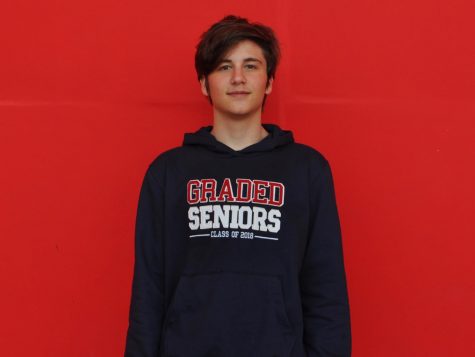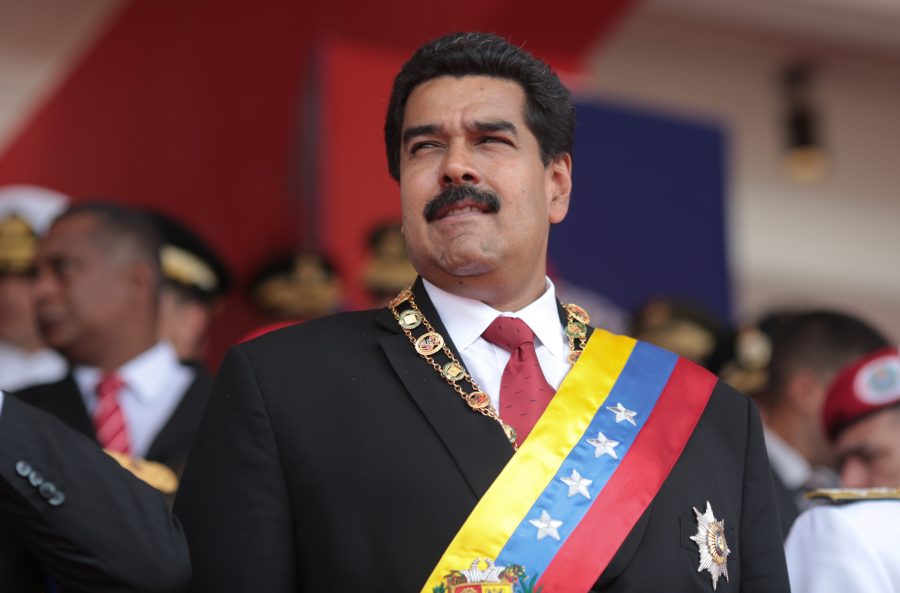Time for Compromise
Last semester, I wrote an article in The Talon entitled “There is No More Time in Venezuela.” I pondered, among other things, about the need for foreign assistance in order to help Venezuela rise from the worst crisis it has ever experienced. However, after further scrutinizing the current state of affairs in the nation, I’ve come to the realization that the acceptance of foreign aid is becoming increasingly unlikely, and it cannot solve the crisis alone.
Venezuela has imploded. Studies have stressed that 82% of households in the country live in poverty. Of these households, 52% live in a state of extreme poverty. The same study also revealed that 75% of Venezuelans have experienced uncontrollable weight loss. According to the International Crisis Group, a quarter of oil revenues was stolen by insiders in 2016. The infant mortality rate is rising in the country, reaching a record high of 18.6 per 1,000 births. Many Venezuelans are leaving their country in search of better standards of living. It is estimated that 2 million Venezuelans currently live outside their home country. Nevertheless, not all can afford the luxury of leaving. Some need to get accustomed to the unsustainable conditions and endure through human rights abuses.
There is no doubt that Nicolás Maduro, the Venezuelan president, is slowly dissolving democracy in order to stay in power. In 2015, Maduro’s opposition won the majority of votes in the National Assembly elections. However, Maduro appears to be pedalling over the system of “checks and balances” in order silence those who go against him. Maduro’s cherry-picked Supreme Court has been nullifying the democratically elected National Assembly. The Venezuelan President seems to play death games with his citizens; he appears to have stopped caring about the health of Venezuela’s citizens. The opposition has long believed that mass protests would affect Maduro’s actions. Yet Venezuelans are too focused on surviving; mass protests wouldn’t be sustained.
Nicolás Maduro is infringing on the basic dignity of the Venezuelan people. He is stepping on top of democratic choices as if he is above the law. He seems to dehumanize his citizens, treating them as puppets by blocking their right to freedom of speech, democratic representation and even basic human rights.
As mentioned in “There is No More Time in Venezuela,” Nicolás Maduro is the only one who can allow foreign assistance into Venezuela. Given the current status quo, a pessimistic approach to this foreign assistance is in order. Maduro seems to see Venezuela as a game; he believes foreign assistance shouldn’t be accepted because it would strengthen the opposition. As a result, foreign assistance is far from reality. It seems to be a simple answer to the Venezuelan crisis, but the crisis is much more complex and requires more thought and synthesis.
A new range of solutions must be considered and scrutinized. Solutions must come from both the inside and the outside; the international community must cooperate with Venezuela. Sanctions must not be considered; they may make Venezuelan officials less inclined to yielding power.
The best option seems to be pressuring the Venezuelan government to accept talks with the opposition. This month, the Secretary-General of the Organization of American States, Luis Almargo, called for the suspension of Venezuelan membership due to failure to comply with democratic institutions. It is the second time he has called for Venezuela’s suspension; the first time he failed to obtain sufficient support. The international community must reflect on its new position; it is only through pressuring that Maduro will acknowledge the need to compromise with the opposition.
This international pressure must also be accompanied by the creation of a more effective opposition to Maduro’s government. The opposition must unite into a single party under a common leader. Only then might Maduro recognize the gravity of democratic crimes and human rights abuses that are being committed. If not, a dictatorship might soon solidify in Venezuela, or the world might have to endure through large-scale bloodshed in the nation. Both of these solutions must be avoided at all costs. Compromise thus seems to be of utmost priority.

As a senior writing for the POV section, this is Fernando's third and final year as part of The Talon. His passions revolve around development economics,...










